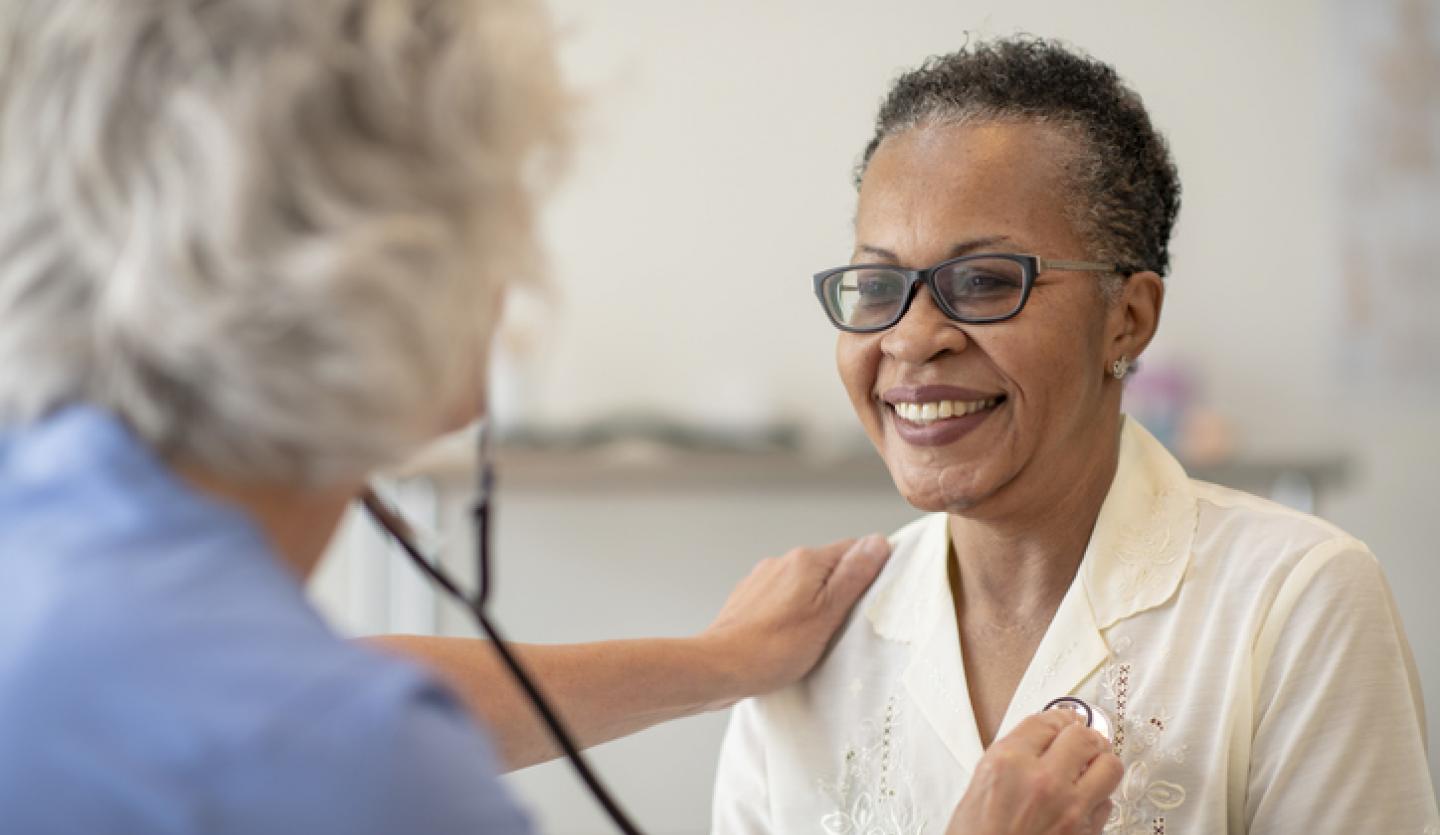What is atrial fibrillation (AFib)?
Atrial fibrillation (AFib) occurs when your heart beats too quickly, too slowly or irregularly, which is called arrhythmia. AFib is the most common form of heartbeat arrhythmia in the United States. It is expected to affect more than 12 million Americans by 2030, according to the Centers for Disease Control and Prevention (CDC).
What causes AFib?
Your heart works as a pump to distribute blood throughout your body. Electrical impulses control the speed and regularity with which your heart beats and ensure the process occurs in an orderly way. When something disrupts the process, it can slow or block the electrical signals and affect your heartbeat.
The risk of AFib increases as you grow older. High blood pressure is the leading cause, accounting for roughly one in five cases, according to the CDC.
Other risk factors for AFib include:
- Abnormal potassium levels
- Family history and genetics
- Heart attack
- Heart disease
- Heart failure
- Kidney disease
- Moderate to heavy alcohol consumption
- Obesity
- Overactive thyroid gland
- Smoking
What are the warning signs of AFib?
You may not always recognize the initial warning signs of AFib. Symptoms can come and go with varying frequency or become more noticeable as your condition worsens.
Extreme fatigue is the most common sign of AFib. Other symptoms include:
- Chest pain
- Difficulty breathing, especially when lying down
- Dizziness, lightheadedness or fainting
- Heart palpitations, fluttering or pounding
- Irregular heartbeat
- Low blood pressure
It’s important not to wait if you are concerned that you are experiencing these symptoms. Contact your physician to schedule an appointment and get evaluated.
How Heart Healthy Are Your Habits?
Our quiz helps you make lifestyle choices that improve your heart health.
Comprehensive Care for AFib
St. Francis Heart Centers located across Long Island give you convenient access to award-winning cardiac care. Our physicians are nationally recognized cardiologists who specialize in advanced diagnostics and treatment for AFib and other heart arrhythmias.
The Arrhythmia & Pacemaker Center at St. Francis Hospital & Heart Center® (Roslyn, NY) has been at the forefront of treating arrhythmia and is consistently among the first to use new techniques. In West Islip, NY, the St. Francis Heart Center at Good Samaritan Hospital has two dedicated electrophysiology labs.
St. Francis Heart Centers offer a full range of treatment options, including pacemakers and implantable defibrillators as well as minimally invasive surgical ablations.
- Learn more about the advanced treatment options we offer for AFib.
- Explore all heart and vascular services.
Call 866-MY-LI-DOC (866-695-4362) to find a Catholic Health physician near you.







